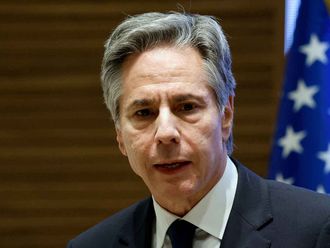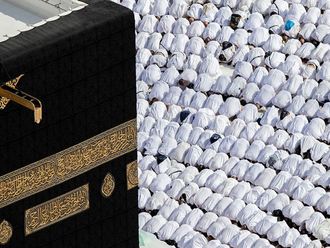Kolkata: West Bengal on Wednesday celebrated the beginning of the Bengali calendar with traditional fanfare. The day is marked on April 14 in Bangladesh and on April 15 in India.
Pohela means ‘first’ and Boishakh is the first month of the Bengali calendar.
Politicians from all parties took the opportunity to reach out to voters, a week ahead of the Kolkata municipal polls due to be held on April 18.
Chief Minister Mamata Banerjee took to social media to wish the people along with other senior ministers a happy new year.
In many areas of the city even traditional lunch or breakfast was organised by the contesting candidates as a unique way to campaign.
“Whether it is election [time] or not, I always wish people of all communities on such special occasions every year. This day is always more special every year, as not only it marks the beginning of a new year, but also our calendar dates are a creation of Emperor Akbar, who did it by combining Hindu and Muslim dating systems, which shows the religious harmony that always existed in this part of India,” Banerjee said.
This new Bangla New Year is the 1422nd Bengali year and is 594 less than the AD or CE year in the Gregorian calendar.
Other political parties also took to the streets, wishing the people of the state well as it welcomed a new year. Bengali calendars and traditional sweet meats were also distributed, as people dressed in new clothes and visited temples, mosques and churches to pray for a new beginning.
Search engine Google marked the Bengali New Year’s Day with a doodle on its Bangladesh home page. The doodle shows traditional Bengali haat pakhas (hand-held fans) in place of the two ‘Os’ in the Google logo. The second fan is embroidered with script that means ‘Happy New Year 1422’.
“This is an important date in the life of a Bengali wherever he or she may be. The reason being not it’s a new year it also marks the beginning of the agricultural cycle for the year as the land will be prepared for paddy cultivation. Akbar started this new year as it helped him to create a tax cycle beneficial for his empire,” historian Alok Ghosh said.












